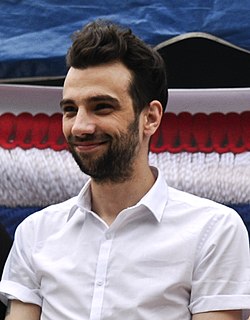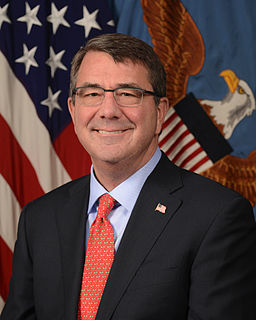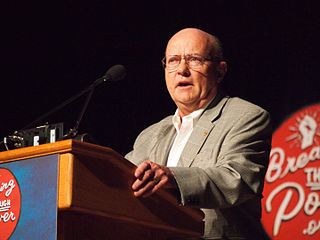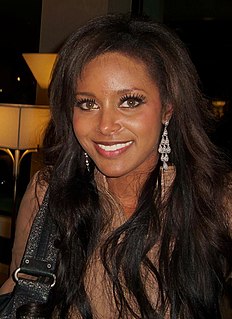A Quote by George Clooney
Growing up during the Cold War period, I always found that, although we always thought that the world would end in some sort of nuclear holocaust, at some point, everybody was pretty hopeful.
Related Quotes
So the idea about how detonation of a nuclear weapon might happen vary, you know - some people are especially concerned about terrorists getting their hands on nuclear weapons and using them. Some people are worried that there might be a nuclear war between India and Pakistan. Some think the Middle East, were Israel already has nuclear weapons and where other countries may be interested at some point and acquiring them, might be a flash point.
When I grew up, in Taiwan, the Korean War was seen as a good war, where America protected Asia. It was sort of an extension of World War II. And it was, of course, the peak of the Cold War. People in Taiwan were generally proAmerican. The Korean War made Japan. And then the Vietnam War made Taiwan. There is some truth to that.
An overwhelming number of economists, international civil servants, and policy-makers argue that a fragmentation of the Eurozone would cause a new depression and massive wealth destruction around the world. It would also end the period of economic integration that has characterized world politics since the end of the Cold War.
I find that an entertainer is quite content to sit still, and I think an artist always has a little motion, always going somewhere. May not know where it is, but there is some sort of unnamed destination. There is some pulling, some movement. So I just found myself in that category according to my own analysis.
Snowden is not the disease. We don't have traitors or whistleblowers blooming all over because they are some sort of malady. The disease is war. We've been at war now and with no end in sight for over a dozen years, the longest in our history. War breeds tyranny. War breeds people who want to prosecute and persecute those who reveal that tyranny. So what we have is the government becoming more draconian - clearly understandable. It always does in a period of war. And as it becomes more draconian, more and more whistleblowers coming.


































